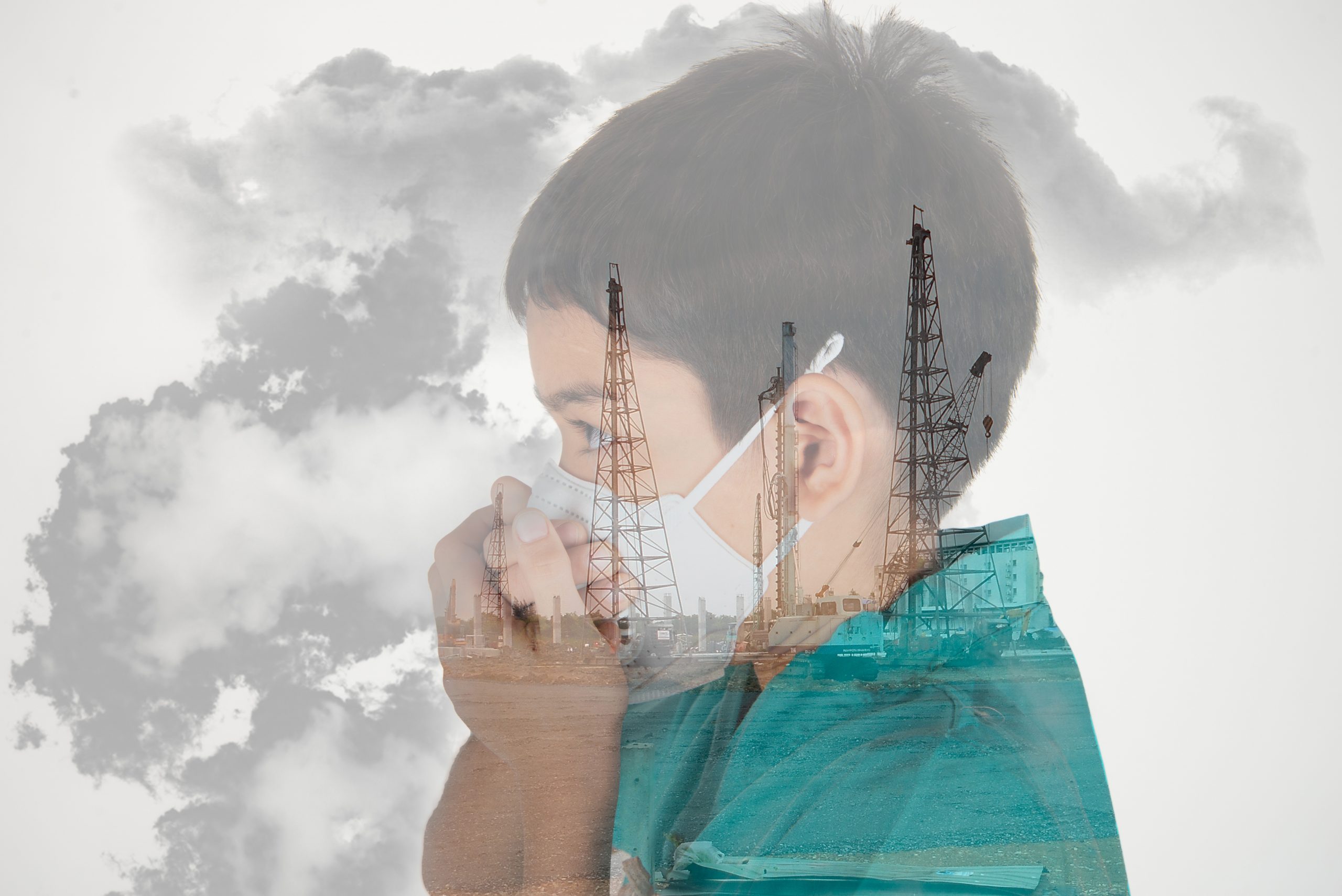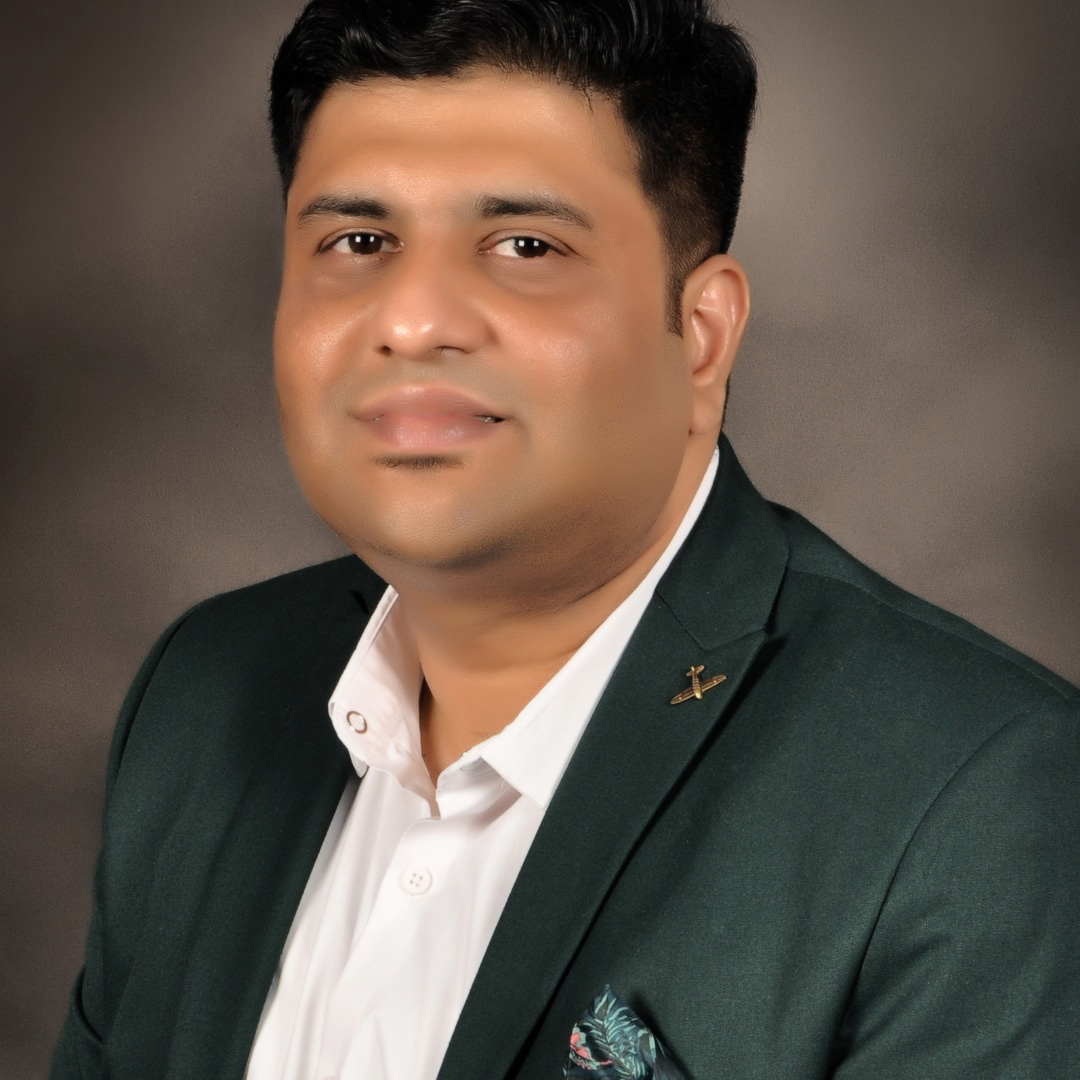Kiran Balimane
 Come winter, pollution levels in India’s major cities break the nephelometers. On November 8, Delhi recorded Air Quality Index (AQI) touching 999 against the ideal of 50. Mumbai also recorded high air pollution last month with the commercial capital classified in the ‘poor’ category.
Come winter, pollution levels in India’s major cities break the nephelometers. On November 8, Delhi recorded Air Quality Index (AQI) touching 999 against the ideal of 50. Mumbai also recorded high air pollution last month with the commercial capital classified in the ‘poor’ category.

Dr. Ganesh Pratap
Though all citizens suffer because of high air pollution, children are especially vulnerable. According to Unicef’s State of Global Air 2020 report, more than 116,000 infants in India died within a month of birth in 2019 due to air pollution — outdoor and indoor. Those who survive have to struggle with a range of health problems including periodic respiratory infections, allergic rhinitis, acute bronchitis, pneumonia, asthma, wheezing and breathing difficulties. Moreover constant inhalation of toxic air severely damages young children’s lungs, and lower oxygen intake because of breathing difficulties can lead to long-term problems with vision, growth and brain development.
Dr. Ganesh Pratap, pulmonologist, asthma, wheezing and cough specialist at the Shwasamitra Cough and Allergy Clinic, Bengaluru, suggests some preventive measures to protect children from the adverse effects of air pollution:
- Ensure children drink plenty of water/fluids and sleep adequately.
- Monitor their breathing and check for hurried breathing or chest congestion.
- RSV vaccines (flu shots) approved by the Food and Drug Administration are available for children under age two, adults over 60 years, and women in the third trimester of pregnancy
- Avoid visiting overcrowded places
- Keep children warm when outdoors and close ears with mufflers.
- Encourage consumption of eggs and warm beverages
- Motivate children to exercise regularly. This boosts lung health.
- Wear n95 mask, especially while riding two wheelers
- Grow indoor air-purifying plants such as snake and spider plants at home
- Use an air purifier at home
- Ensure proper home ventilation with good air circulation
- Grow plants outdoors near homes and offices
- Lobby for smoking-free public zones
WHO guidelines
The World Health Organisation suggests parents follow these guidelines to mitigate the effects of air pollution on children:
- Stop burning household and agricultural waste. Compost and use local services for recycling and garbage disposal whenever possible
- Reduce children’s exposure to pollution caused by vehicle exhaust emissions by avoiding busy roads and taking quieter streets with less traffic.
- Keep children healthy — make sure they are up to date with their immunizations, have healthy diets and plenty of opportunity to play and be physically active
- Monitor air pollution levels if the city you live in has an air quality monitoring station.
- Raise awareness within your community about the adverse health impact of air pollution, and work with healthcare providers, community leaders, and relevant authorities to promote policies that reduce air pollution and protect child health.























